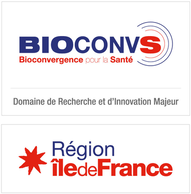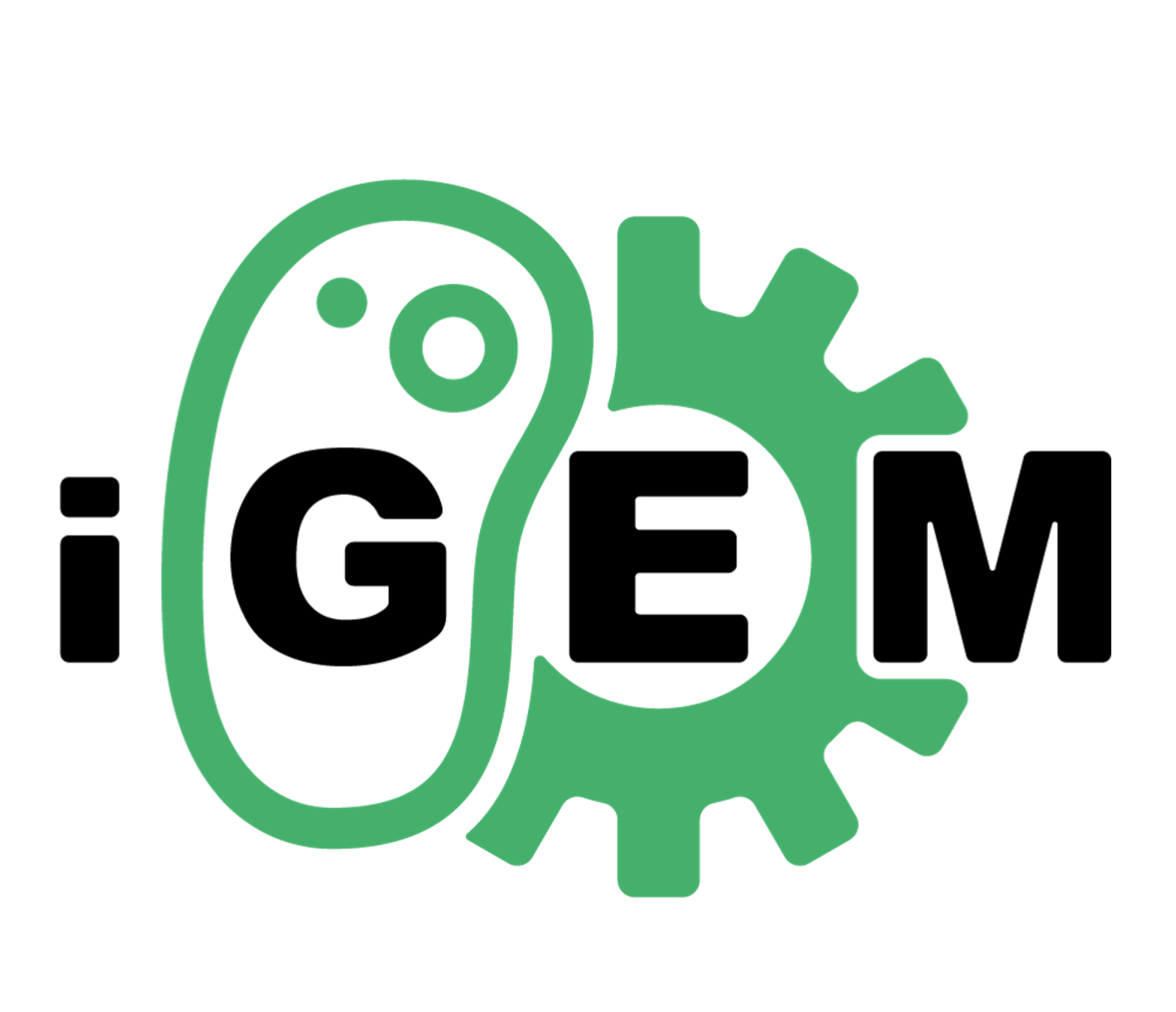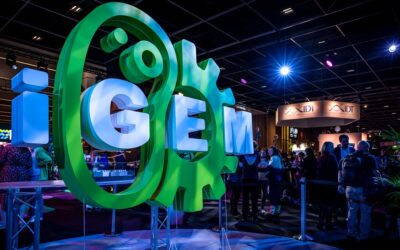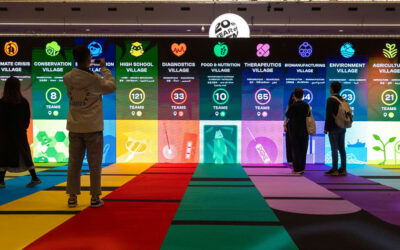iGEM projects in Ile-de-France
What is the iGEM competition?
iGEM, or the International Genetically Engineered Machine, is an international synthetic biology competition launched in 2003 by MIT (Massachusetts Institute of Technology). Each year, it brings together student teams from around the world to develop innovative scientific projects. The goal is to use synthetic biology to address real-world challenges in areas as diverse as healthcare, the environment, agriculture, and energy.
Synthetic biology is an emerging field that combines biology and engineering to modify or design living organisms to perform new functions. These innovations can lead to the creation of new medical therapies, the cleanup of ecosystems, or even improvements in agricultural yields.
Why is iGEM important for Synthetic Biology?
iGEM plays a critical role in advancing and promoting synthetic biology. The competition encourages innovation by allowing students to work on impactful, real-world projects. Teams have the autonomy to design their projects, giving them the freedom to explore creative solutions to complex problems.
Additionally, iGEM fosters international collaboration. Teams openly share their results and tools, which accelerates progress in the field. Discoveries made within iGEM are often adopted and refined by other researchers, amplifying the competition’s influence within the scientific community.
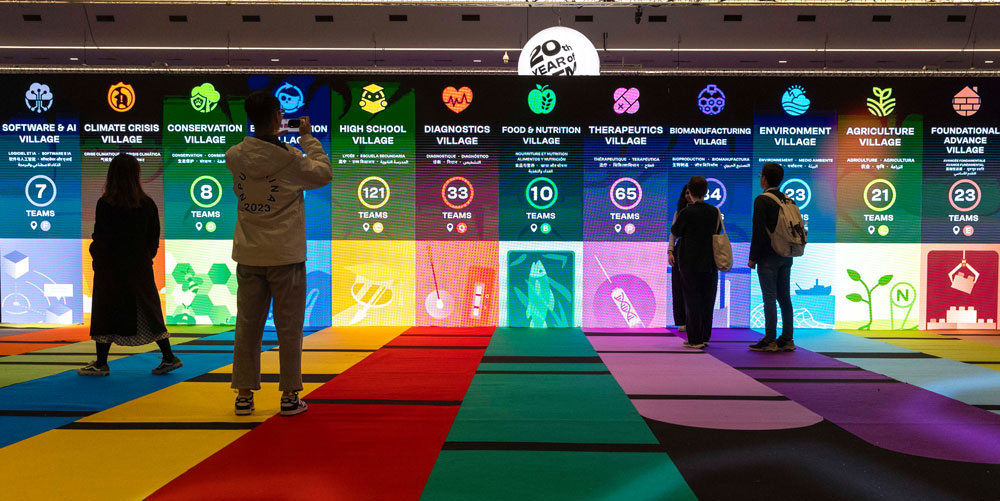
The impact of iGEM
Projects developed within iGEM often have significant real-world impacts. For instance, some teams have developed rapid diagnostic tests for diseases such as tuberculosis, while others have created solutions to reduce marine pollution. These achievements demonstrate that synthetic biology can offer innovative solutions to global challenges, extending well beyond university labs.
As an international event, the iGEM Jamboree—where projects are presented each year—is a key moment in the competition. For the past few years, this event has taken place in Paris, reinforcing the importance of the Île-de-France region as a hub for research and innovation in biotechnology. Hosting the Jamboree in Paris is a major asset for the region, attracting teams and experts from around the world and offering opportunities for scientific and economic exchanges.
Why participate in iGEM?
For students, iGEM offers a unique experience. It allows them to apply their theoretical knowledge to real-world projects while developing valuable skills such as teamwork, project management, and scientific communication. Participants also get hands-on experience with cutting-edge technologies and advanced techniques in synthetic biology. Moreover, they are often mentored by researchers and experts, helping them refine their ideas and improve the quality of their projects.
iGEM also serves as an excellent springboard for students’ future professional careers, whether in academia or industry. Participation in the competition can open doors to careers in biotechnology, engineering, or other fields related to scientific innovation.
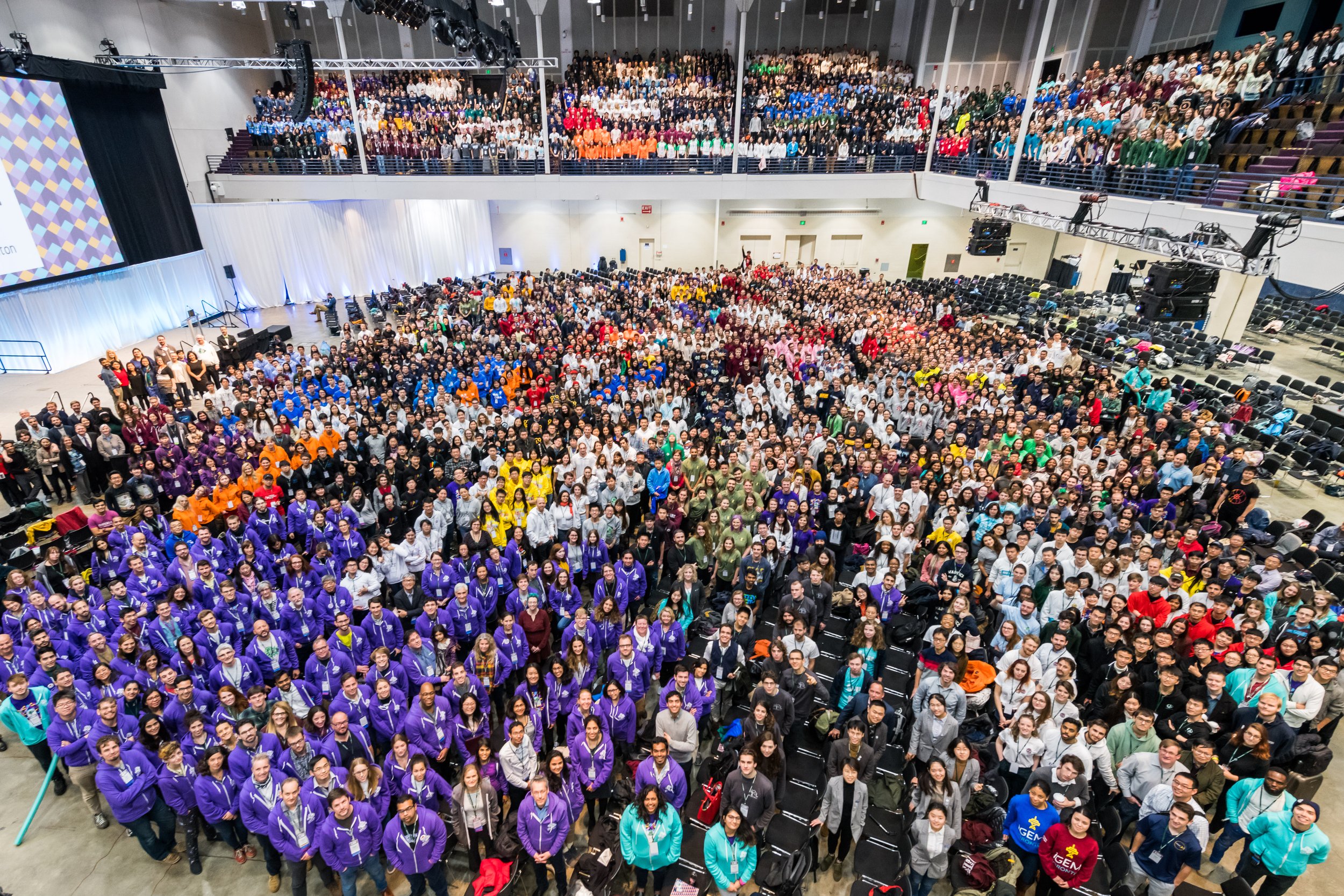
The DIM BioConvS supports iGEM teams in Île-de-France
In Île-de-France, the DIM BioConvS plays a key role in supporting local iGEM teams every year. This financial support is essential, allowing students to focus on developing their projects without being restricted by budget constraints. DIM BioConvS funds Île-de-France teams regardless of the topic they choose, as encouraging innovation and diversity in projects is crucial. This support ensures that students have the necessary resources to carry out their experiments and contribute to the advancement of synthetic biology.
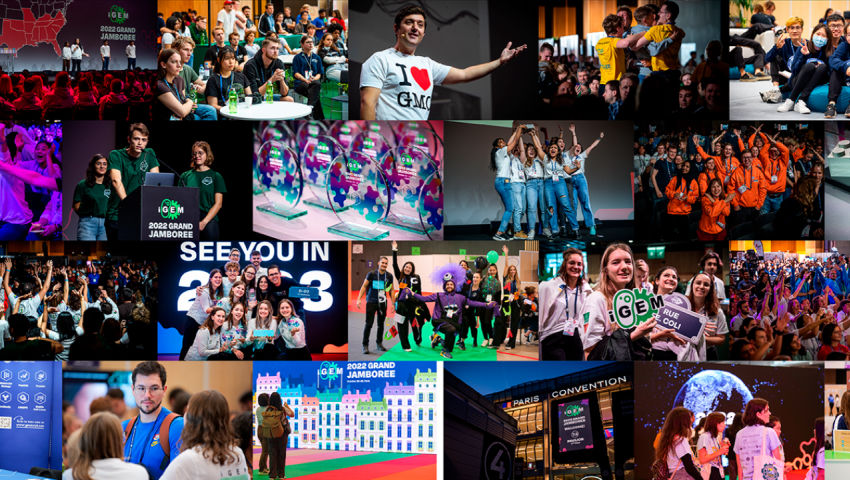
Discover the iGEM projects supported by BioConvS
iGEM projects 2024
For the 2024 iGEM edition, 3 iGEM teams were created in Ile-de-France. Each of them received an equal financial support from the DIM BioConvS for their project.PANCE-EVO.T7 iGEM Evry Paris-Saclay The aim of our project is to develop a powerful directed evolution tool...
iGEM projects 2023
For 2023, 4 iGEM teams were created in Ile-de-France. Each of them received an equal financial support from the DIM BioConvS for their project.OptoGen EYEsis: evolution of microbial opsins for Retinal Therapy iGEM Evry Paris-Saclay Opsins are light sensitive proteins...
Action financée par la Région Île-de-France
Follow us on LinkedIn
Join our LinkedIn group
Contact: contact@bioconvs.org
Consult our data protection policy
Address:
DIM BioConvS
Faculté des Sciences - Université Paris Cité
5 rue Thomas Mann 75013 Paris


